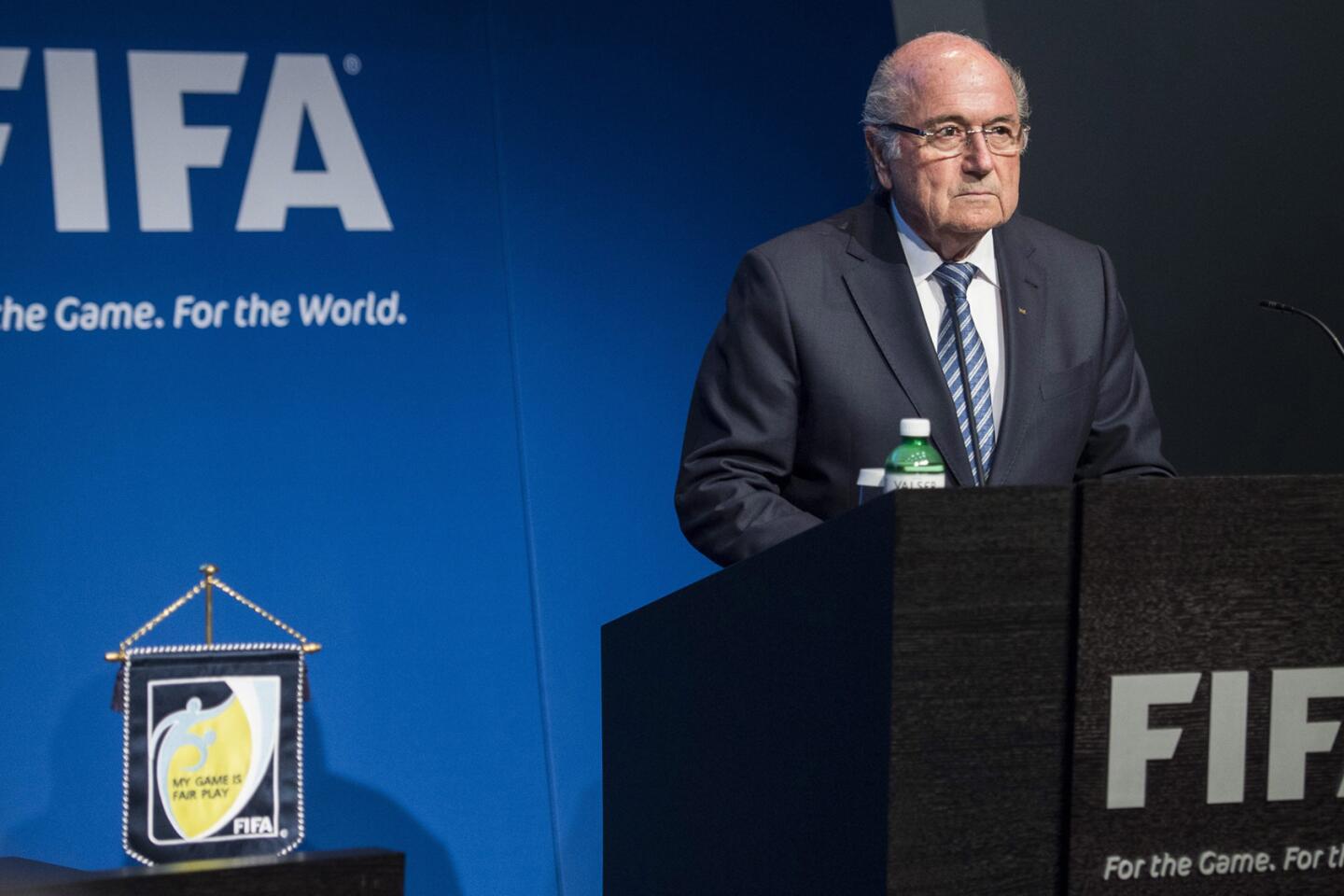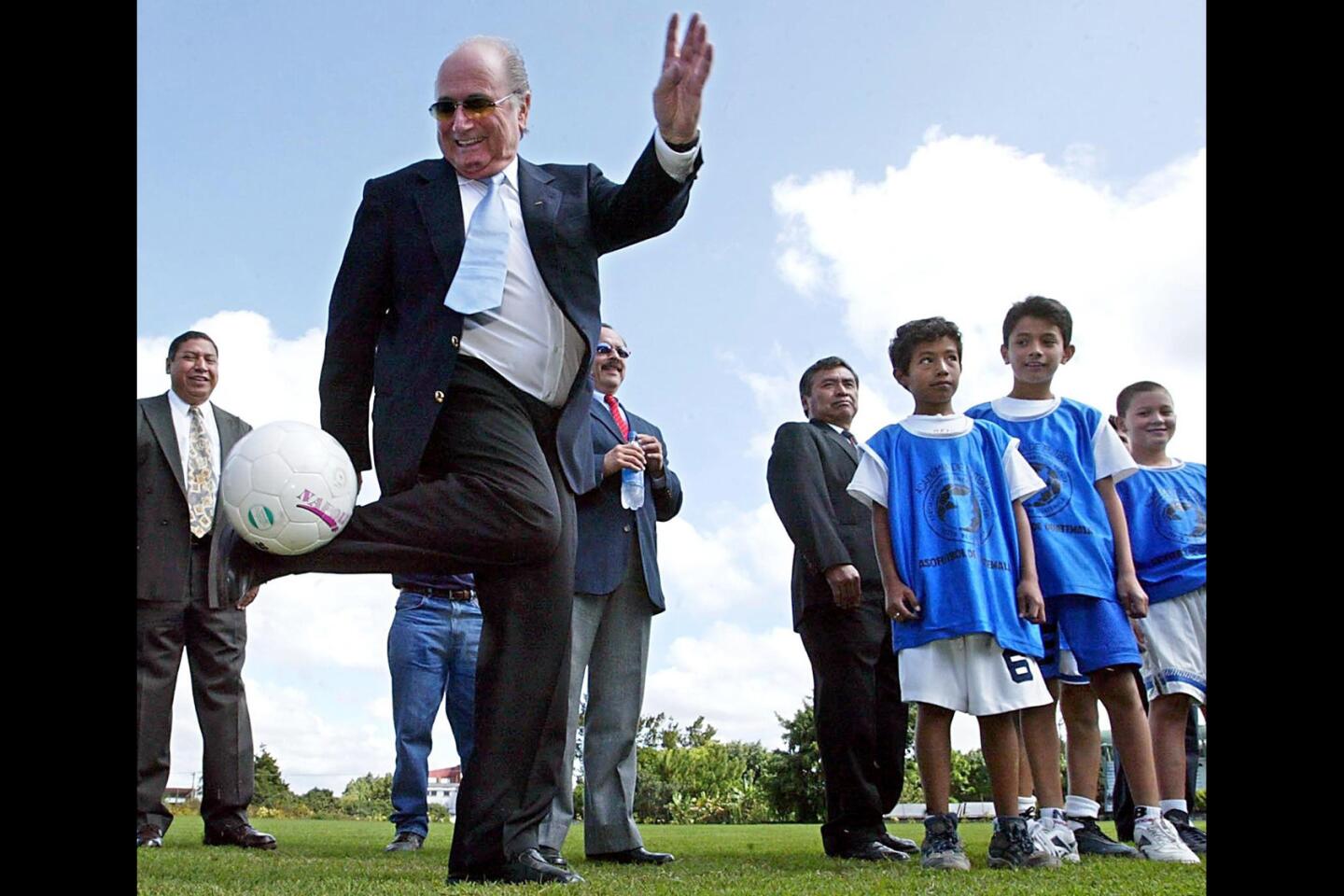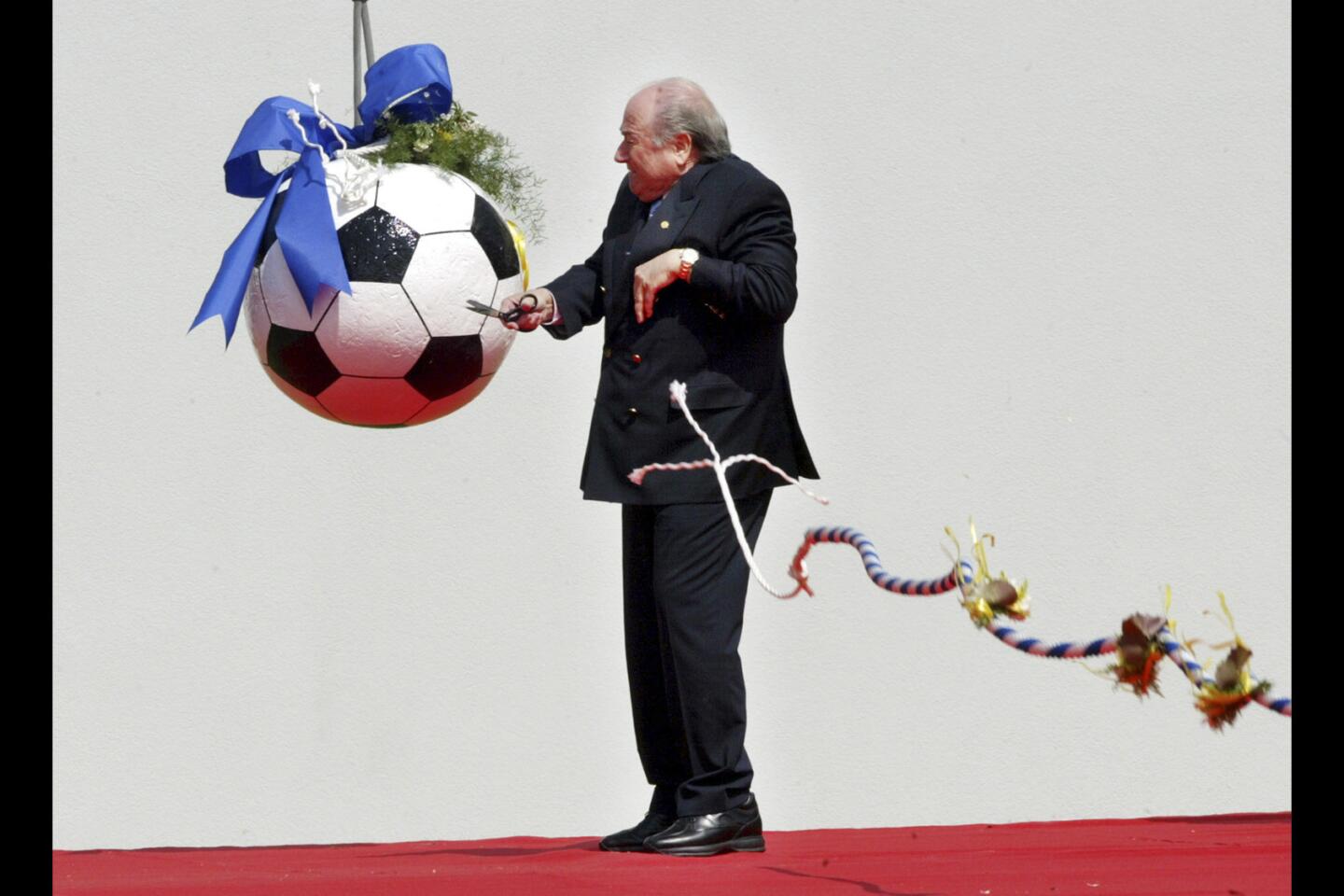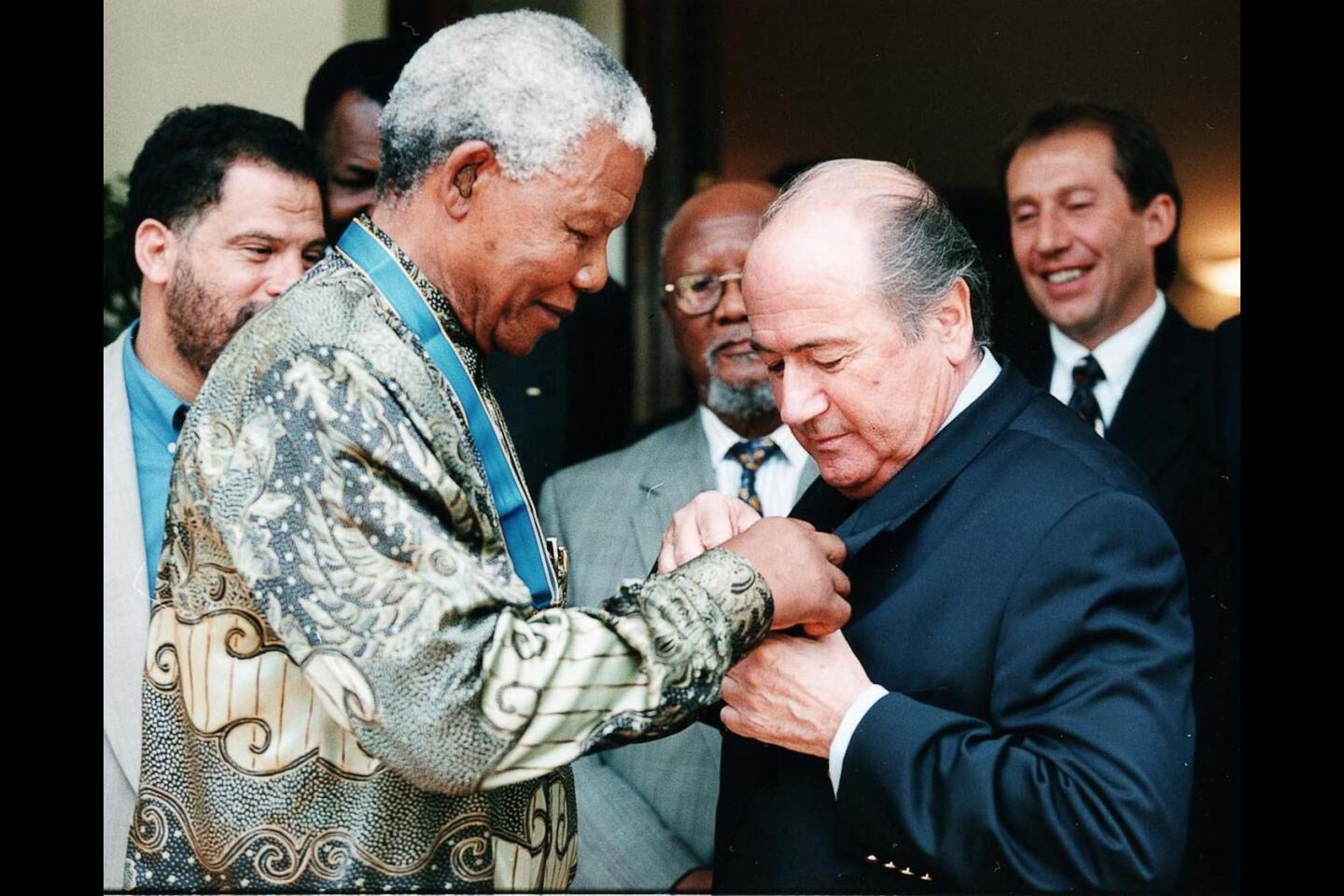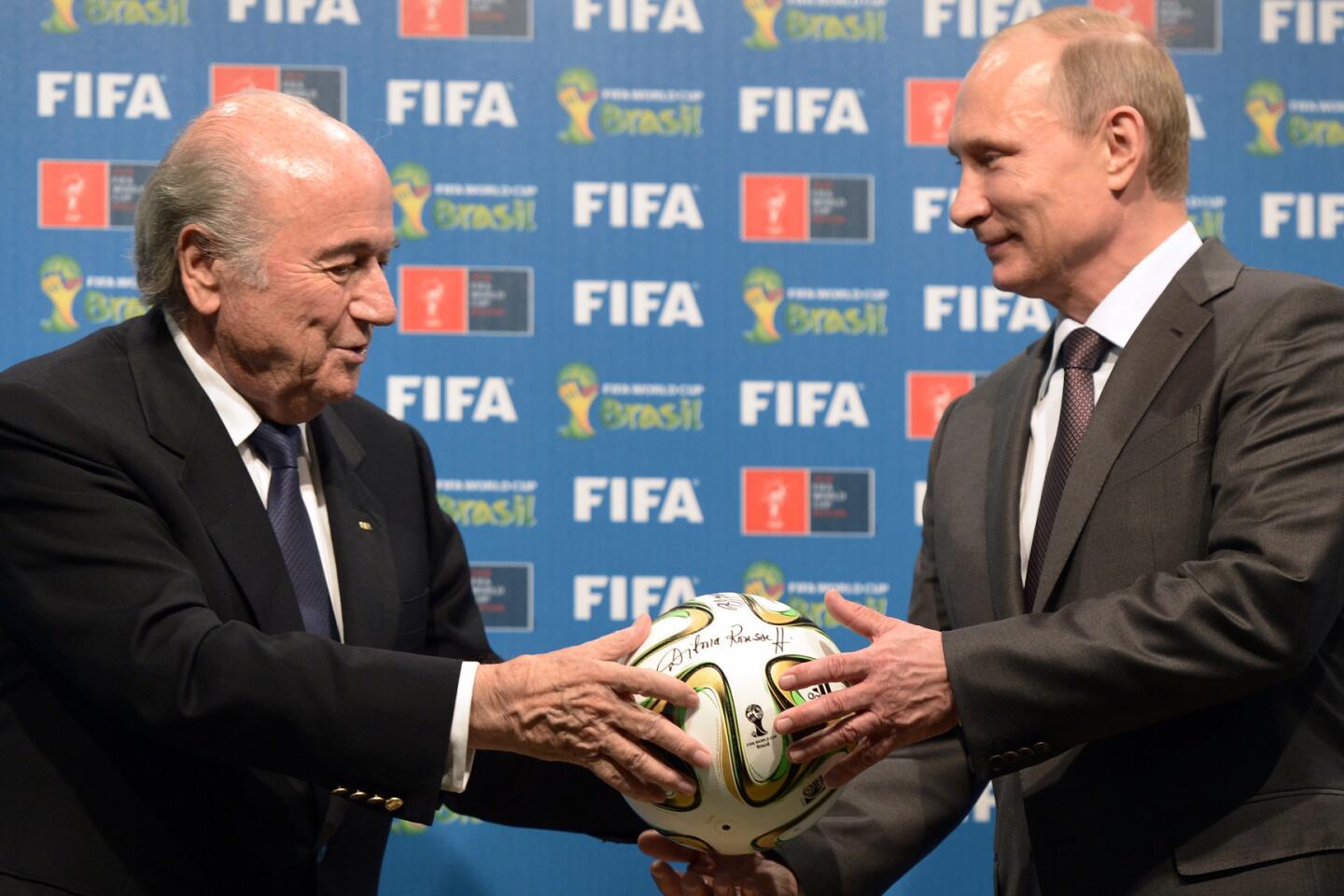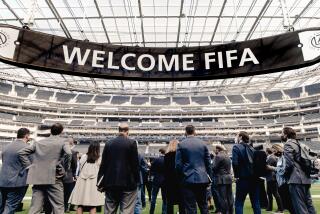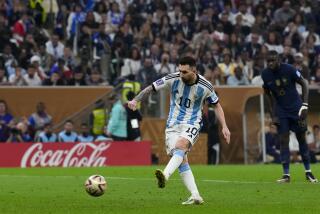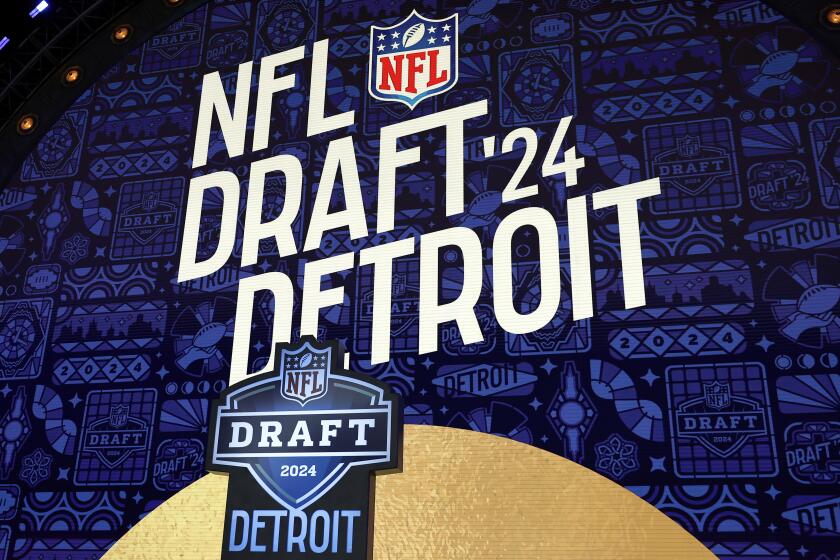FIFA set to elect a new president to replace Sepp Blatter
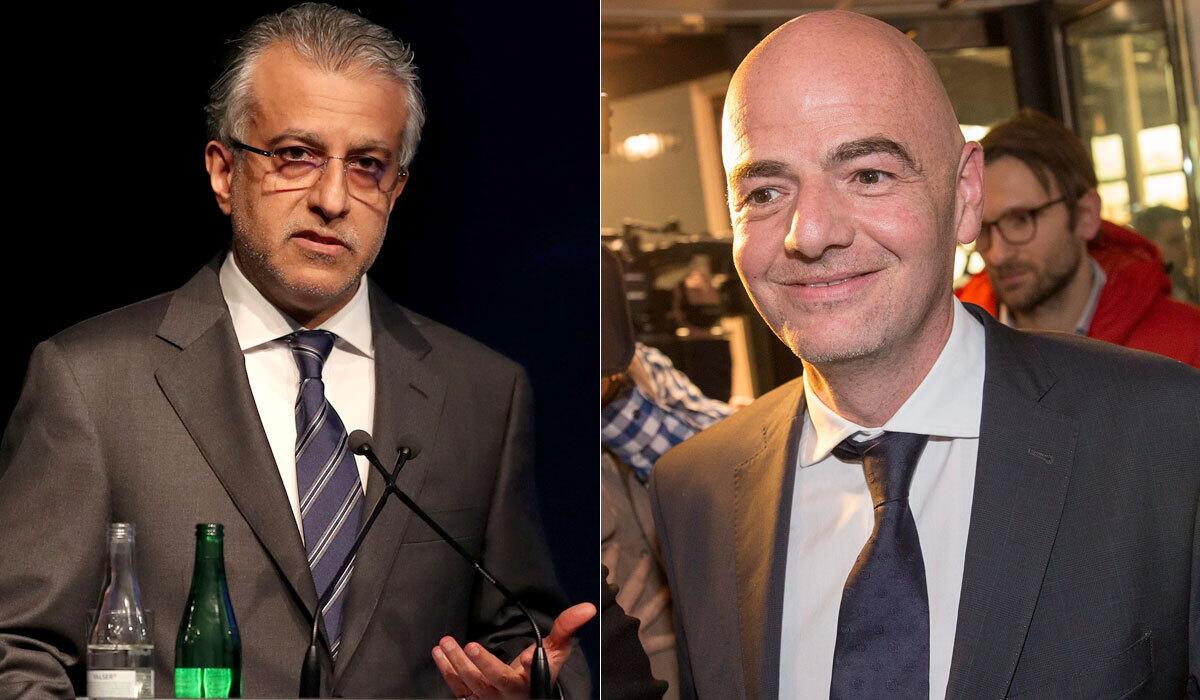
Sheikh Salman Bin Ebrahim, left, and Gianni Infantino are the top two candidates to become FIFA’s next president.
World soccer’s governing body FIFA will hold two of the most anticipated votes in its 112-year history Friday morning in Zurich.
Representatives from FIFA’s 209 member nations will vote to choose a replacement for suspended President Sepp Blatter from among a slate of five establishment candidates linked to the current leadership.
The same voters will be asked to back a series of measures approved by FIFA’s executive committee, including term limits for top officials, disclosure of salaries and greater oversight that will determine whether FIFA is serious about reforming an organization that has become known more for scandal than good governance.
And if the second vote doesn’t pass, the first one won’t matter very much.
“The eyes of the world are on us this week after one of the most challenging times in our history,” FIFA Acting President Issa Hayatou said in a statement. “The approval of the reforms will send a strong message that we have listened and that we are taking the action necessary to regain trust and improve our performance.”
What’s really being voted on Friday is the future of world sports’ richest and most powerful body. Because if more than a quarter of FIFA’s members turn their backs on even the modest reforms that have been proposed, there may be no way forward for an organization already reeling from multiple U.S. criminal investigations in which 41 people, including top FIFA officials, have been charged with corruption, fraud and other crimes.
More charges are likely, Justice Department officials say.
In a parallel investigation, Switzerland is investigating Blatter for criminal mismanagement. Blatter, FIFA secretary-general Jerome Valcke and Michel Platini, a former Blatter ally and the head of the European soccer federation UEFA, were all suspended by FIFA’s ethics committee for between six and 12 years.
The vote on the reform package is expected to take place first on Friday. FIFA members will then move on to choose a new president from a slate of five candidates that includes members of two royal families from the Middle East, two long-time European soccer officials and a South African politician and anti-apartheid activist who was jailed alongside Nelson Mandela.
Bahrain’s Sheikh Salman bin Ebrahim, head of the Asian Football Confederation, is considered the favorite over Gianni Infantino, a lawyer with Swiss and Italian nationality and the No. 2 man to Platini at UEFA. Sheikh Salman is said to have the support of the African and Asian federations, who have 100 votes between them. Infantino has reportedly won the backing of the Europeans and the South and Central Americans, who combine for 70 votes.
To win on the first ballot, a candidate needs two-thirds of the votes cast; both men are likely to fall short of that total. A simple majority is needed for victory on the second ballot.
The other presidential candidates are Prince Ali Bin Al Hussein, a FIFA vice president and the most reform-minded man in the field; Jerome Champagne, a former French diplomat who served 11 years as a FIFA executive; and Tokyo Sexwale (pronounced she-wa-le), a lyrically named South African whose campaign has failed to gain traction.
The proposed reforms face a difficult road toward passage, which requires backing from at least three-quarters of the voters Friday. Each FIFA member gets one vote, giving the United States (with a population of 321 million and 10 World Cup appearances) the same influence as the United States Virgin Islands (which has a population of 103,000 and has never played in a major international tournament).
Musa Bility, head of the Liberian soccer federation and one of the sport’s most outspoken leaders, is among those rallying opposition to the measures, claiming they would undercut the power of the presidency.
“These reforms send a very wrong signal ... that we will have a president who will not have all the authority of the president of FIFA,” Bility told Reuters. “Let us focus on choosing the right person, someone we trust, someone we believe in, and entrust the organization to that person and then let that person lead the reform.“
Others, however, have embraced to reforms.
CONCACAF, the ruling body for soccer in North America, Central America and the Caribbean, has been hit especially hard by the ongoing scandal, with 15 men from its member states charged in the ongoing criminal investigations. On Thursday, CONCACAF signed on to the reform movement, unanimously approving a series of measures that are, in many ways, similar to the ones FIFA members will consider Friday.
Jurgen Mainka, CONCACAF’s deputy general secretary, said Thursday he was confident others would follow his federation’s lead.
“Tomorrow,” he said “will mark a great turnaround in FIFA’s history.”
More to Read
Get our high school sports newsletter
Prep Rally is devoted to the SoCal high school sports experience, bringing you scores, stories and a behind-the-scenes look at what makes prep sports so popular.
You may occasionally receive promotional content from the Los Angeles Times.


